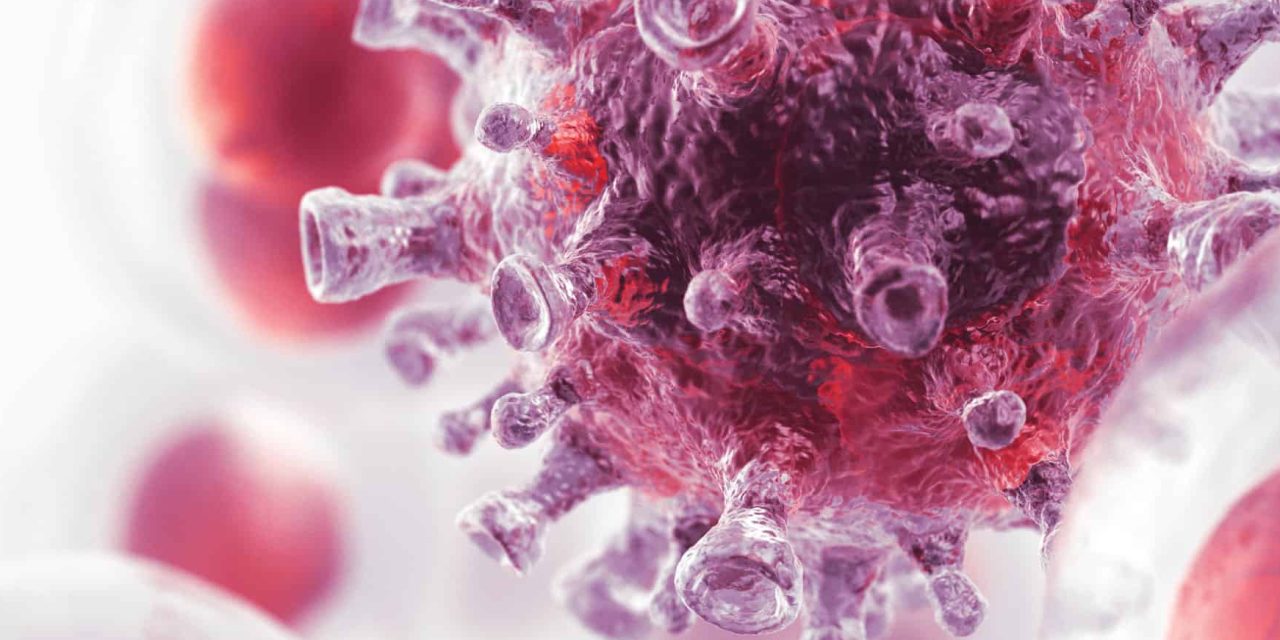Mycobacterium tuberculosis, which is responsible for tuberculosis (TB) and Cryptococcus sp. responsible for cryptococcosis, are pathogenic microorganisms that especially affect patients infected with the human immunodeficiency virus (HIV). Both diseases present similar classic symptoms, which makes diagnosis and treatment consequently difficult. To our knowledge, a few reported cases of M. tuberculosis and Cryptococcus sp. co-infection in non-HIV patients exist. This study reports a TB and neurocryptococcosis (NC) comorbidity case in a patient who had no clinical or serological evidence of HIV-compromised immunity. A 49-year-old male patient, a farmer with a low education level, previously diagnosed with TB and was undergoing treatment for a month when he presented progressive headaches, fever, drowsiness and photosensitivity, a stiff neck and a positive Lasègue test. During hospitalization, the patient was also diagnosed with NC through cerebrospinal fluid (CSF) analysis, which revealed the presence of capsulated yeasts by contrast with india ink. Following the yeast isolation, proteomic and molecular analyzes were performed. The patient received antifungal therapy in parallel with TB treatment, which caused complications and had to be modified twice. However, after three months of hospitalization the patient was discharged. Tuberculosis and cryptococcosis co-infection is a clinical and laboratory challenge, often leading to a delay in diagnosis. In this paper we emphasize the need to understand these infectious comorbidities in non-HIV patients from South America, since the few cases reported in the literature are from studies conducted in the United States and China.Copyright © 2021 SFMM. Published by Elsevier Masson SAS. All rights reserved.
Tuberculosis and neurocryptococcosis by Cryptococcus neoformans molecular type VNI in A non-HIV patient: A comorbidities case report.


